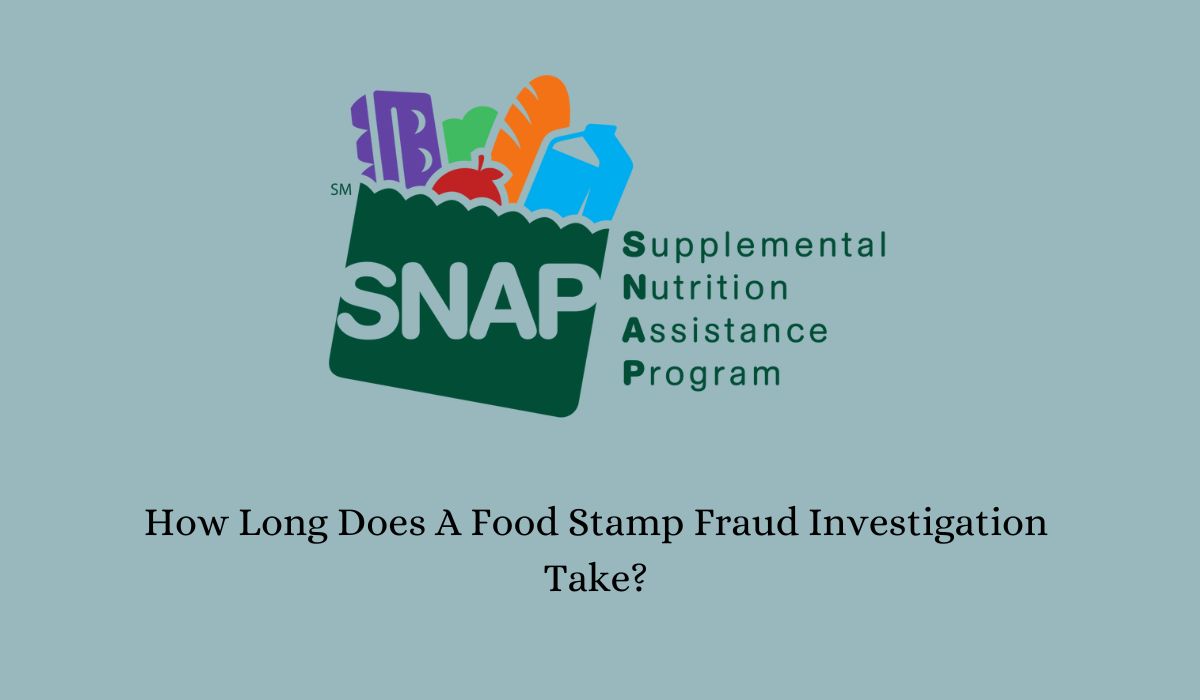Food stamp fraud is a serious issue that affects not only the integrity of the Supplemental Nutrition Assistance Program (SNAP), but also the well-being of those who rely on these benefits for their daily sustenance.
In Florida, as in other states, the process of investigating food stamp fraud is taken very seriously, and the duration of such investigations can vary based on several factors.
The Nature of Food Stamp Fraud
Before delving into the duration of investigations, it’s important to understand what constitutes food stamp fraud. This can include providing false information on an application, selling food stamps for cash, or using someone else’s food stamps without authorization.
The consequences of such actions can be severe, including disqualification from the program, repayment of fraudulently obtained benefits, fines, and even criminal charges.
The Investigation Process
The investigation of food stamp fraud in Florida typically begins when a report of potential fraud is received. This can come from various sources, including tips from the public, alerts from automated systems that detect unusual activity, or through regular audits.
Initial Assessment
Once a report is received, the Florida Department of Children and Families (DCF), which administers the SNAP program in the state, will conduct an initial assessment to determine if there is sufficient evidence to warrant a full investigation.
This preliminary phase can take anywhere from a few days to several weeks, depending on the complexity of the case and the workload of the investigators.
Full Investigation
If the initial assessment finds potential evidence of fraud, a full investigation is launched. This comprehensive process involves gathering and analyzing detailed information, which can include bank statements, employment records, and interviews with the accused individual and potential witnesses.
The length of this phase is highly variable. Simple cases might be resolved in a few weeks, while more complex situations, especially those involving large-scale fraud or criminal networks, can take several months or even longer.
Factors Influencing the Duration of Investigations
Several factors can influence how long a food stamp fraud investigation takes in Florida:
- Complexity of the Case: More complex cases, such as those involving large sums of money or multiple parties, naturally take longer to investigate.
- Workload of Investigators: The number of cases pending with the DCF and the availability of investigators can impact the speed of the investigation.
- Cooperation of Involved Parties: The willingness of witnesses and the accused to cooperate can significantly affect the duration of the investigation.
- Legal Proceedings: If the case goes to court, legal proceedings can extend the timeline significantly.
Conclusion
The duration of a food stamp fraud investigation in Florida varies widely. While some cases may be resolved within a few weeks, others can take several months or more, especially if they are complex or become entangled in legal proceedings.
It’s important for the integrity of the SNAP program that these investigations are thorough and fair, ensuring that assistance is provided to those who truly need it while maintaining the trust of the taxpayers who fund the program.
